“World Bee Day?” Why the Laughter Says More Than We Think
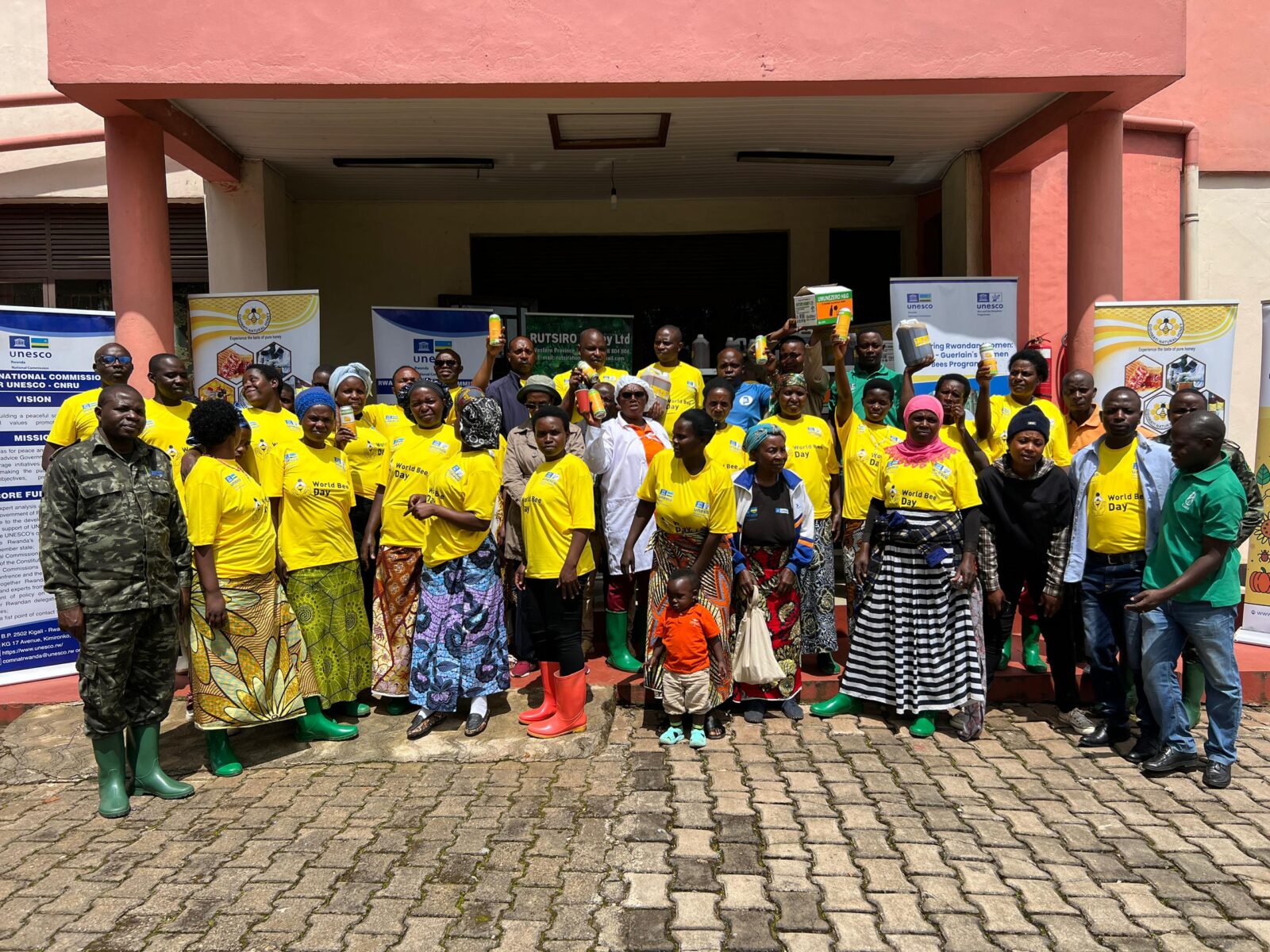
When someone recently shared a post about “World Bee Day” in a WhatsApp group, the reactions came quickly and with laughter.
“Ahaha, we should celebrate ants’ day too!” one person joked.
“You’ll end up creating holidays that never existed,” another replied.
“Seriously though?” someone added.
And then: “Bees have a day, but cows don’t? That can’t be real!”
It was funny in the moment, but the exchange stuck with me. Not because anyone meant harm, but because it revealed how little most people think or know about bees. And yet, quietly and constantly, bees are doing the work that keeps our world running.

While the group was laughing, others were out celebrating World Bee Day for the first time in Rwanda, on 20 May 2025. In the Gishwati-Mukura Biosphere Reserve, one of the country’s most biodiverse landscapes, the day was marked with awareness events and calls for more sustainable farming.
This year’s global theme, “Bee inspired by nature to nourish us all,” served as a reminder that bees are far more than honey-makers. They’re vital to life on Earth.
The Hidden Value of Bees
Bees pollinate around 75% of the world’s food crops. That includes fruits, vegetables, nuts, seeds, and even crops like coffee and chocolate. Without them, our food system would face a serious crisis, not only in quantity, but also in nutrition and diversity.
Yet bee populations are declining at alarming rates due to pesticide use, habitat loss, climate change, disease, and monoculture farming. The problem is global and urgent.
“For us as women who work with bees, it’s heartbreaking,” says Uwamahoro Devotha, a beekeeper in Rutsiro District and a member of the CODACE cooperative, part of the “Women for Bees” program supported by UNESCO and Guerlain. “The biggest challenge we face is related to agriculture and pesticides. When people spray chemicals, our bees die or get sick, and our honey production drops.”
Her colleague, Nyiranziza Claudine, adds: “When they spray pesticides, bees go out to forage and come back poisoned, harming the whole hive. We need help finding safer chemicals that won’t kill our bees.”
Dr. Marie Christine Gasingirwa, Chairperson of the UNESCO Rwanda National Commission, explains that pesticides affect not only bees, but entire ecosystems. “These chemicals kill everything, especially the small insects that are central to pollination. Some pollinators work during the day, others at night, but all are essential.”
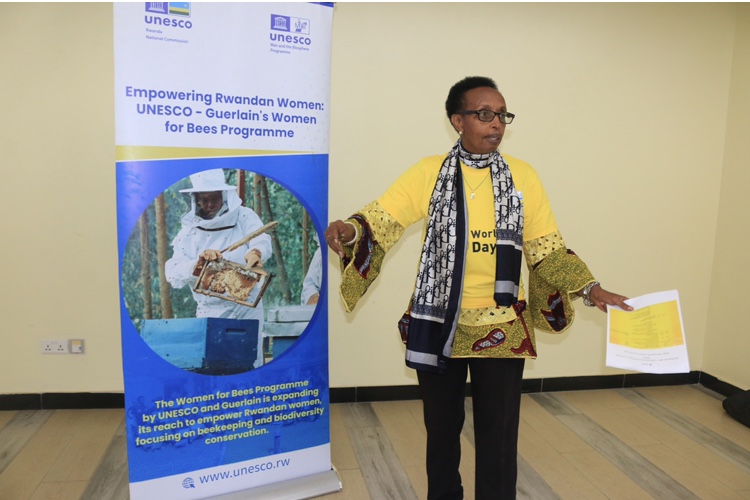
She adds, “We can’t force people to change, but we can help them understand. Real change happens when farmers themselves ask for better practices. That’s why public awareness is so important.”
The Science and the Solutions
Venuste Nsengimana, a conservation biologist and lecturer at the University of Rwanda, underscores how sensitive bees are to their surroundings. “Any change to a natural ecosystem affects all life within it. And most of us are unknowingly harming these small creatures.”
He recalls seeing children throw stones at hives or adults swatting bees out of fear. “When bees are attacked, they don’t return. Once disturbed, a hive may never recover.”
He emphasizes that bees thrive in areas with diverse plant life, but monocultures and chemical use deprive them of food and shelter.
To address these threats, Rwanda is taking steps. Dr. Solange Uwituze, Deputy Director General in charge of Animal Resources Development in Rwanda Agriculture and Animal Resources Development Board (RAB) says: “We’re educating farmers to spray after noon when bees have finished foraging. We’ve banned Highly Hazardous Pesticides and are encouraging beekeeping in forested areas.”
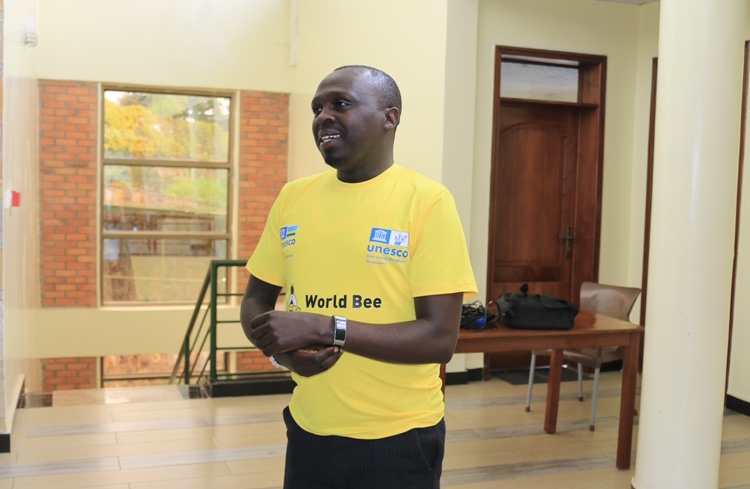
Rutsiro’s Vice Mayor Emmanuel Uwizeyimana also noted ongoing efforts to monitor pesticide use near the Gishwati-Mukura Reserve. “We’re assessing whether farmers can reduce or avoid pesticide use altogether, especially in areas where our bees forage.”
Why It Matters
Bees are small, silent workers. They don’t have the star power of lions or elephants, but without them, our food systems collapse.
It’s not just about bees. It’s about food security, biodiversity, and livelihoods. Governments and development partners must invest more in local farmers and beekeepers.
Maybe it’s understandable that people laughed when they first heard about World Bee Day. But hopefully, that laughter turns into curiosity and curiosity into action.
Because once you understand what bees do for us, it’s hard to ignore them.
They don’t ask for much. But we owe them everything.
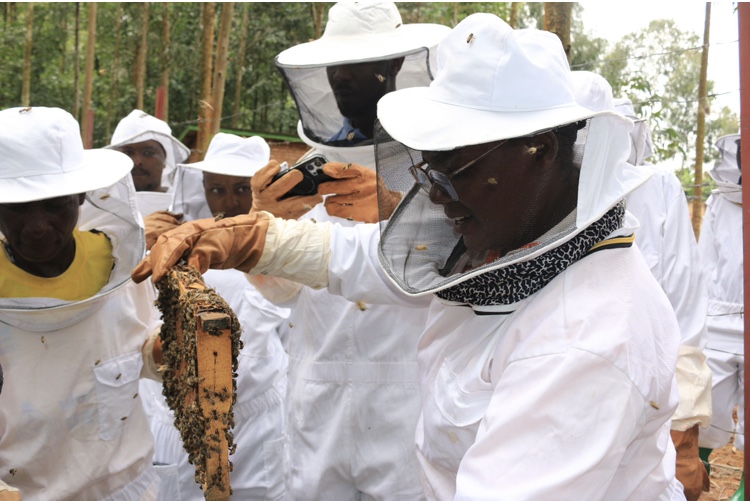

Related Articles
Strengthening Rwanda’s SMEs for Circular Food Systems: Embedding Circularity Beyond Project Implementation for Long-Term Transformation
As Rwanda advances its circular economy ambitions, small and medium-sized enterprises (SMEs)...
Powering Food, Restoring Land: How Renewable Energy and Regenerative Agriculture Are Transforming Rwanda’s Farms
Across Rwanda’s rolling hills, a quiet revolution is underway. It begins in...
Late February Weather Alert: Heavy and Above-Average Rainfall Forecast Across Rwanda
The Ministry in charge of Disaster Management (MINEMA) has issued a weather...
GBOX Launches AI Literacy Initiative to Support Rwanda’s Digital and Sustainable Development
A new Artificial Intelligence (AI) literacy program has been introduced last week...






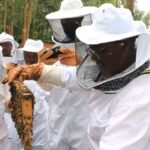




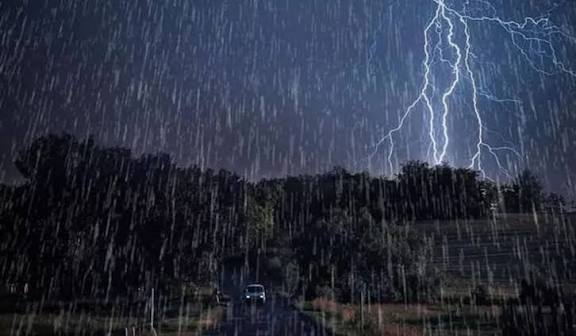
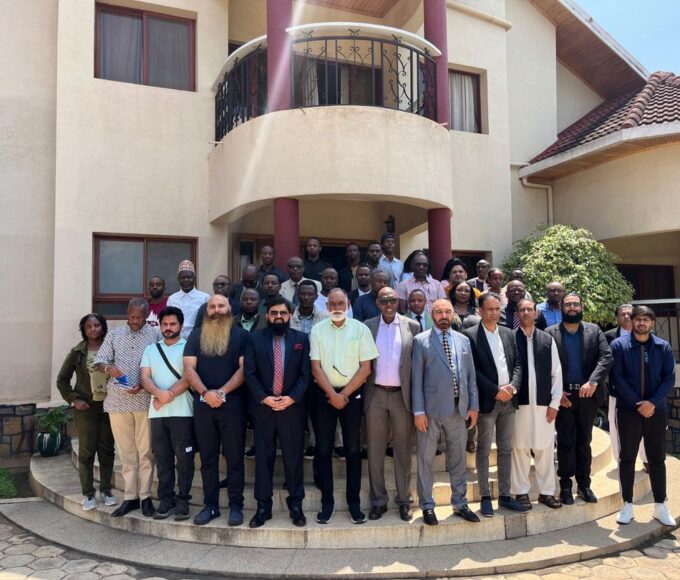
Leave a comment